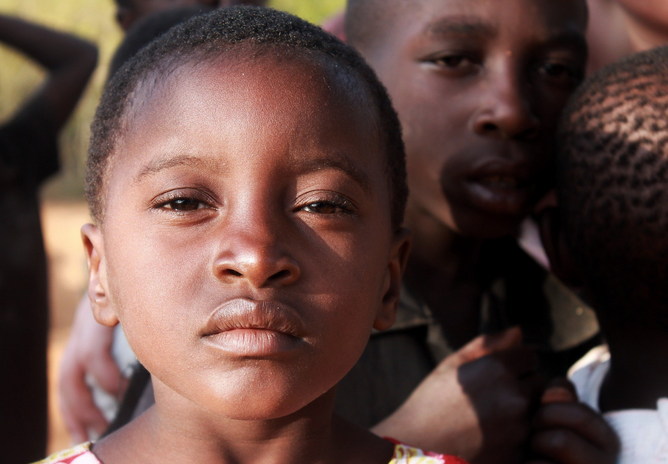Female Genital Mutilation (FGM) is a social ritual practiced in parts of Africa, Asia and the Middle East. FGM is defined by the World Health Organization (WHO) as the process of partially or fully removing the external parts of female genitalia or injuring internal female organs for non-medical reasons.
FGM, also referred to as “female circumcision,” is a practice performed on young girls between the ages of zero to 15 in over 30 different countries. It is currently estimated that over 200 million women and girls alive today have undergone this dangerous and invasive practice.

Despite its prevalence, FGM is not a medical procedure, and there are no benefits to having it performed. So why are millions of young girls subjected to it every year?
FGM is viewed as a traditional cultural practice in certain countries where girls are needed to appear “clean” before marriage to their husbands. Young girls are told it will make them “pure” and less sexually desirable to other men, but this violent procedure has extreme long-term consequences on the physical and psychological health of women.
FGM is typically done with a razor blade, knife or a piece of broken glass. This is extremely unsanitary and is also rarely done by a medical professional, but rather members of her community who have also undergone the procedure. Additionally, it is also done while the girl is awake, and pain relievers/ numbing is never used. The girls are told that their pain will make them stronger and provide the transition into “womanhood.”
The after-effects of this are brutal and immediate. Large quantities of blood-loss, infections and hemorrhagic shock lead to thousands of deaths per year as a direct result of this procedure. Those who survive will not be able to walk for weeks and experience lifelong issues with fertility, urination, disease and post-traumatic stress disorder.
This is an involuntary process, and the majority of young girls forced to undergo this procedure do so before the age of five. In countries where this is a “voluntary process,” women end up choosing to undergo the procedure to not be socially outcasted from their community. In these situations, the women are viewed as sexually undesirable and a disgrace to their families for not following cultural norms.

FGM is being increasingly banned around the world, and the WHO has condemned it and will not acknowledge it as an approved medical procedure. However, many communities will send young girls across the border or into the jungle to have the procedure performed in secret. Some of the young women are tricked into coming home, and when they arrive, a team of women will be waiting to forcibly hold them down and conduct the procedure.
This procedure is a direct violation of certain clauses from the United Nations Convention on the Rights of the Child (CRC). Article 19(1) states that children have the right to be protected from all forms of physical violence and maltreatment, and FGM violates this. This procedure is performed without the consent of the young girls, and the consent that is given is under pressure or coercion from their families and peers.
Over three million girls will be forced to undergo this procedure every year, and this number could greatly decrease if the practicing countries decided to abandon the cultural practice altogether. The WHO and the United Nations are actively working to raise awareness of this practice and to continue to advocate for the millions of girls who are being silenced and desperately need a voice.
Want to see more HCFSU? Be sure to like us on Facebook and follow us on Instagram, Twitter, TikTok, Youtube and Pinterest!



